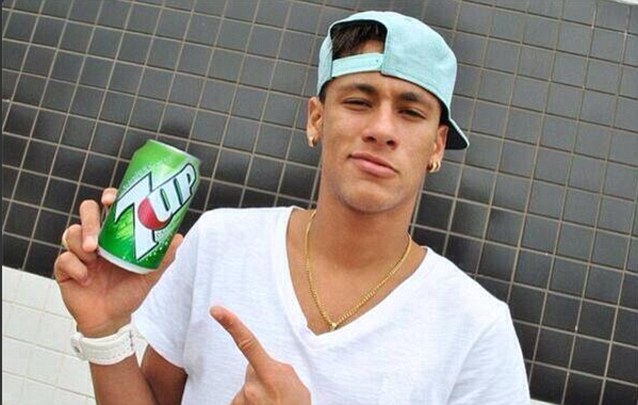- Seven-Up Nigeria is going private if things go according to plan
- The company signaled its intention after it revealed largest shareholder, Affelka SA wants to buyout the minority shareholders
- This article explains why this deal is on the table and why it’s the best option for Seven Up at the moment
Seven Up Plc is going private. It signaled its intention to do so after it revealed largest shareholder, Affelka SA wants to acquire the remaining 27% equity of the beverage making company it currently does not have.
Affelka owns 73% of the company’s 640.5 million ordinary shares currently valued at about N62 billion. The deal, if approved and accepted by the minority shareholders, will cost Affelka about N20.5 billion. It is also instructive to add that, if they are successful, Seven Up will inevitably be on its way to going private.
Why go private?
Neither Seven Up nor Affelka provided an explanation for the offer, however from experience, deals like this are often instigated by the need to exert more control or the first step in restructuring a company in trouble. The latter, it will seem, provides some clues.
Flashback
Between 2012 and 2016, Seven Up had enjoyed a double-digit rise in revenues growing at a compounded annual growth rate (CAGR) of 11%.
Profit was even better, growing at a CAGR of 64%, as it rose from N1.6 billion in 2012 to N7.1 billion by 2015. Investors rewarded the company in kind, with share price rising from N45 in 2013 to as high as N190 by January 2016.
Trouble however started after the crash in oil prices took hold on other sectors of the economy in 2015, particularly the consumer goods sector. In that year, it reported a 53% drop in profits while revenue growth dropped to single digits. Cost of sales, which had until then been stable, ballooned by 20% in the same year.
The rise in cost of sale was a consequence of a spike in raw materials cost that precipitated the forex scarcity, rising inflation and the loss of value of the naira. By the time it reported its result for the year ended March 2017, Seven Up had posted a loss of N11 billion, the first in about a decade.
Impact of losses
The losses, halved its retained earnings (from N24 billion in 2016 to N12.6 billion in 2017), wiping out about 80% of all the profits it reserved in the 5-year stint where it experienced profitability growth spurt. Its retained earnings is currently at N6.3 billion and could be worth much less by the time it publishes its full year results in March 2018.
The impact of last year’s loss meant Seven Up did not pay dividends, sustaining the crash in its share price. It is very likely that it will not pay dividends in 2018.
Liquidity concerns
Beyond profits, Seven Up also has other issues. Its rising debt profile, currently at N41 billion is about 6 times its total equity.
It is grappling with a negative working capital of close to N20 billion, making it hard for it to meet its debt obligations and pay its suppliers. This year, it has had to borrow about N5 billion in shareholder loans to remain afloat. Being in this situation makes it incredibly difficult to secure the funds required to stem the crisis and increase investments in key areas that can boost profitability.
Upside for going private
For companies in this situation, going private is often a panacea to avoiding unnecessary attention and attracting capital. Affelka could simply recapitalize the company by accessing cheap capital abroad, pay off its loans and compete without the hassles of regulatory oversights and activist shareholders often synonymous with being public.
Its rival, Nigerian Bottling Company, retailers of Coca-Cola, Sprite and Fanta, did something similar years ago. Coca Cola recently announced plans to invest $600 million in Nigeria in the next few years and plans to use part of the money to increase the proportion of raw materials sourced from the country to 75% by 2020.
If Seven Up does not act now it could be toast by 2020.
